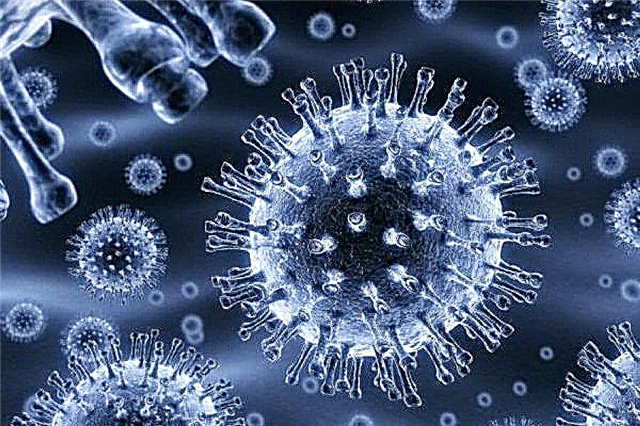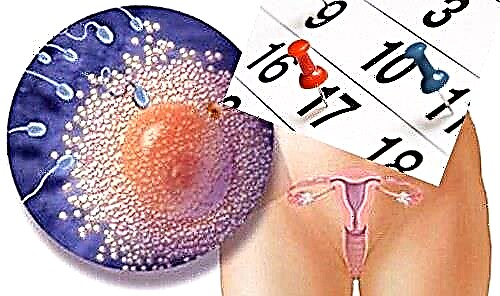
Attentive parents study the labels of infant formula and are interested in their composition. One of the ingredients in the mixtures is lactose. Is this ingredient good for babies and in what case can lactose harm the baby?
What is it?
Lactose is a disaccharide, a two-molecule carbohydrate (glucose + galactose). The formula for this carbohydrate is C12H22O11.
The name of this disaccharide is associated with the Latin word "lactis", which means "milk", because lactose molecules are found in dairy products. The second name for this disaccharide is "milk sugar".
In the human intestine, this carbohydrate is broken down by the enzyme lactase.
What are they made of
The compound is extracted from whey. This disaccharide was first isolated by the Italian Fabrizio Bertoletti in 1615. He evaporated the whey and then cooled it, resulting in a slurry containing lactose. To this day, the production process of this substance has hardly changed. Now lactose is still obtained from whey using the evaporation method.

Benefit
- Lactose is a carbohydrate, which means it is a source of energy for the child's body.
- This carbohydrate is very important for calcium metabolism, as well as for the absorption of B and C vitamins.
- By supporting the growth of normal microflora in the intestine, lactose prevents putrefactive processes, therefore it is important for the prevention of dysbiosis. Without enough lactose, the growth of beneficial microorganisms in the intestines is inhibited.
- This disaccharide is involved in the production of substances that are responsible for the viscosity of saliva.
- Lactose stimulates the development of the nervous system in children.
- It resists the development of vascular and heart diseases.
Harm
Natural sugar such as lactose is a very useful substance that can only be harmful if there are problems in the body with its absorption. The reason for these problems is an insufficient amount of lactase, an enzyme involved in the breakdown of milk sugar.

Conclusions
If the child does not have a pathology called "lactase deficiency", lactose will not cause any harm to the baby. Lactose-free formulas for newborns are introduced in exceptional cases.
In the composition of infant formula, lactose brings many benefits and makes the formula close to breast milk, in which lactose is 100%. This is a physiological carbohydrate, which must necessarily enter the body of a bottle-fed child (except in cases of intolerance).



